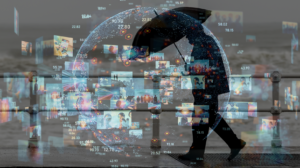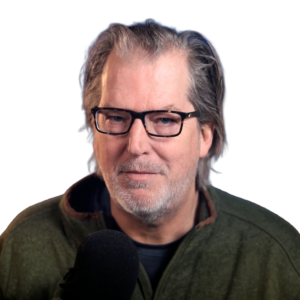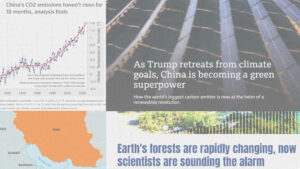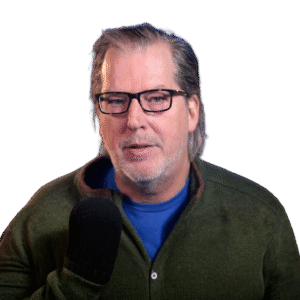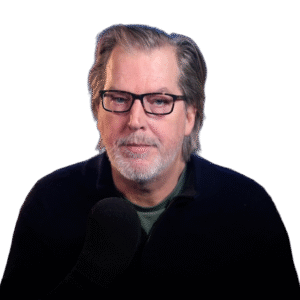This week’s Frankly is a reflection in response to (and support of) Gerardo Ceballos’ new project Creatures United, launching this week at Stanford University..
The Earth is in the middle of a massive biodiversity and population loss – on the verge of a 6th Mass Extinction. Though most conversations and actions will revolve around the economy, poverty, finance, and geopolitics, the other creatures we share the planet with do not have a voice.
This short video reflection is a reminder that the natural world is a passenger on the human roller coaster ride. It is my hope that (some, many?) humans can unite on behalf of our fellow creatures to preserve and support the amazing variety of life inhabiting the planet. From the great Blue Whale to the humble bumble bee, each animal is a part of our family – and what makes this planet home.
In French, we have a motto that says that a simple drawing is often better than a long explanation. Jean-Marc Jancovici Carbone 4 President
That’s very understandable because with left atmosphere thinking, one of the problems is that you see everything as a series of problems that must have solutions. Iain McGilchrist Neuroscientist and Philosopher
We can’t have hundreds and hundreds of real relationships that are healthy because that requires time and effort and full attention and awareness of being in real relationship and conversation with the other human. Nate Hagens Director of ISEOF
This is the crux of the whole problem. Individual parts of nature are more valuable than the biocomplexity of nature. Thomas Crowther Founder Restor
Show Notes & Links to Learn More
Download transcript00:00 – Creatures United
00:23 – Humans are related to every other creature on earth (and percentages)
01:20 – Human driven habitat loss
01:32 – We take 40% NPP for human systems
01:43 – There are 1.5 million known species of insects
01:50 – Insect ecosystem services
02:10 – We are losing insect biomass at 1-2%/year, faster than other organisms
02:34 – Major causes of insect decline
02:36 – There are 54000 known vertebrate animals
02:48 – We have lost 70% of vertebrate populations since 1970
03:12 – 50% of species were lost in the triassic, and 76% in the cretaceous
03:47 – There are now 6,000 species of mammals
03:57 – Humans are 36% of global biomass, and livestock is another 60%
04:28 – Birds are descendants of dinosaurs
04:35 – There are 11,000 bird species and domestic poultry are 70% of birds by weight
04:55 – Ecuador has 15% of the world’s bird species, and half of the world hummingbird species
05:37 – There are 32,000 species of fish in the world
05:50 – North Atlantic Fish populations have now hit peak numbers
06:00 – Current ocean biodiversity decline is the greatest since a meteorite strike 65 mya
06:09 – Soon plastic will outweigh fish in the ocean
06:15 – Recent study found that 9% of fish have eaten plastic that blocked digestive tracts
06:38 – Shifting Baselines
06:49 – We are only 1% different in DNA than other primates
06:57 – Biologist continue to find new primate species
07:17 – We add 385,000 new babies to earth everyday, more than the other extant Great Ape populations (this stat is dated – linked are updated numbers)
07:45 – Humans have long encroached on wild nature
08:09 – Evolution designs us to reproduce and consume
08:29 – We are on the verge of a 6th mass extinction
09:40 – Human progress has been dependent on cheap fossil fuels


